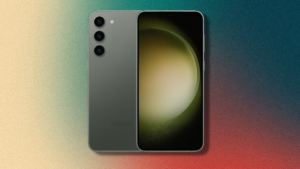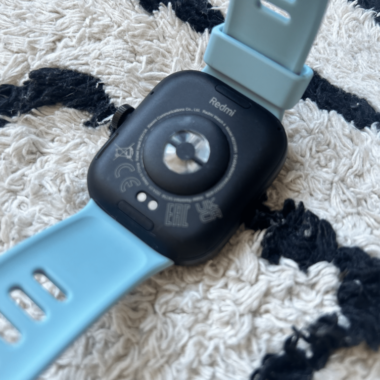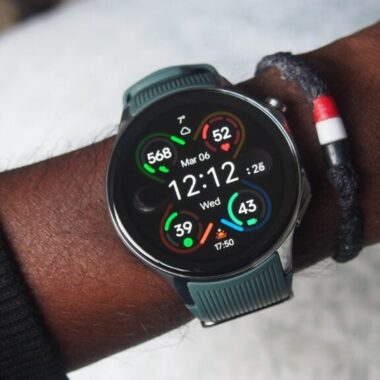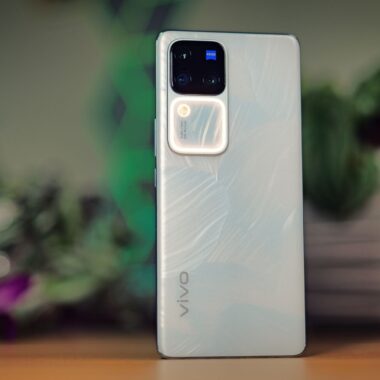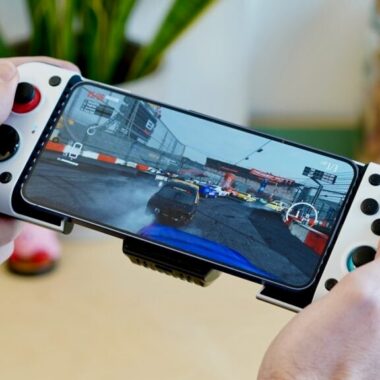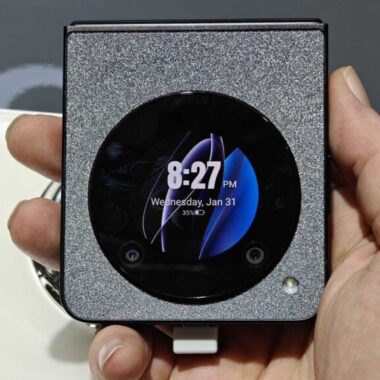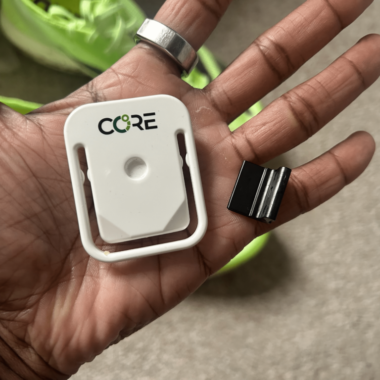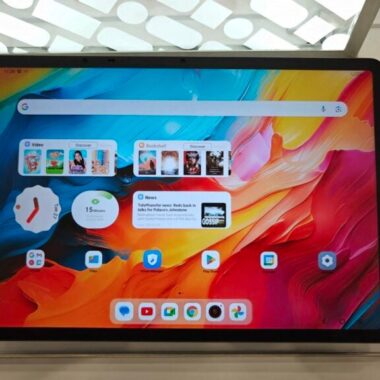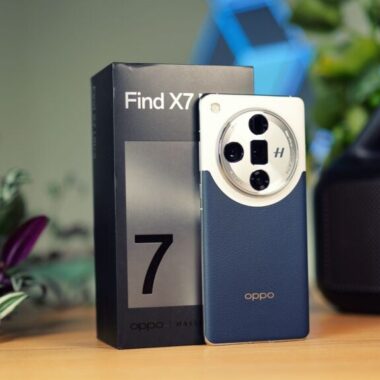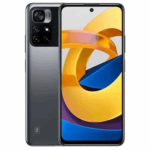First Impressions
The Xiaomi 14 has a lot going for it, from a fascinating camera system to an overall size smaller than most of the best Android phones in 2024.
-
Three rear cameraTriple 50MP sensors sit on the back of the Xiaomi 14 -
Leica colour profilesLeica-inspired colour profiles and filters in the camera app
Introduction
After arriving in China towards the end of 2023, the Xiaomi 14 is now getting a wider launch – and I’ve spent some time with the Android device ahead of its MWC 2024 reveal.
With the Xiaomi 14 Pro missing from global shelves and the Xiaomi 14 Ultra offering a very camera-centric proposal and a high £1299n price, the £849 Xiaomi 14 is easily the most mainstream device in the brand’s 2024 range.
And first impressions look to be very strong. Going up against the Galaxy S24 for small Android phone supremacy, the Xiaomi 14 certainly looks to have more going for it – especially regarding camera skills and charging prowess.
Specs and Features
- High-end Qualcomm chip
- Fast charging
- Software still needs work
One reason why this could be a more tempting choice than the Samsung Galaxy S24 for those looking for a smaller Android phone is that it’s powered by the Snapdragon Gen 3. While Samsung uses Qualcomm’s chip for its Ultra device, European models of the S24 and S24 Plus swap this chip for the Exynos 2400.
In our tests, the 8 Gen 3 has better graphical performance at higher resolutions, even though the Exynos matches it in Geekbench 6 scores. Paired with that chip is up to 16GB RAM and 512GB of storage. Which regions will get which versions haven’t been confirmed yet.
The battery capacity has risen from 4500 on the Xiaomi 13 to 4610mAh here, and perhaps more importantly the charging speed has jumped from 60w to 90w. Xiaomi claims this should get a full 0-100% charge in around 30 minutes, and this matches up with my initial results.
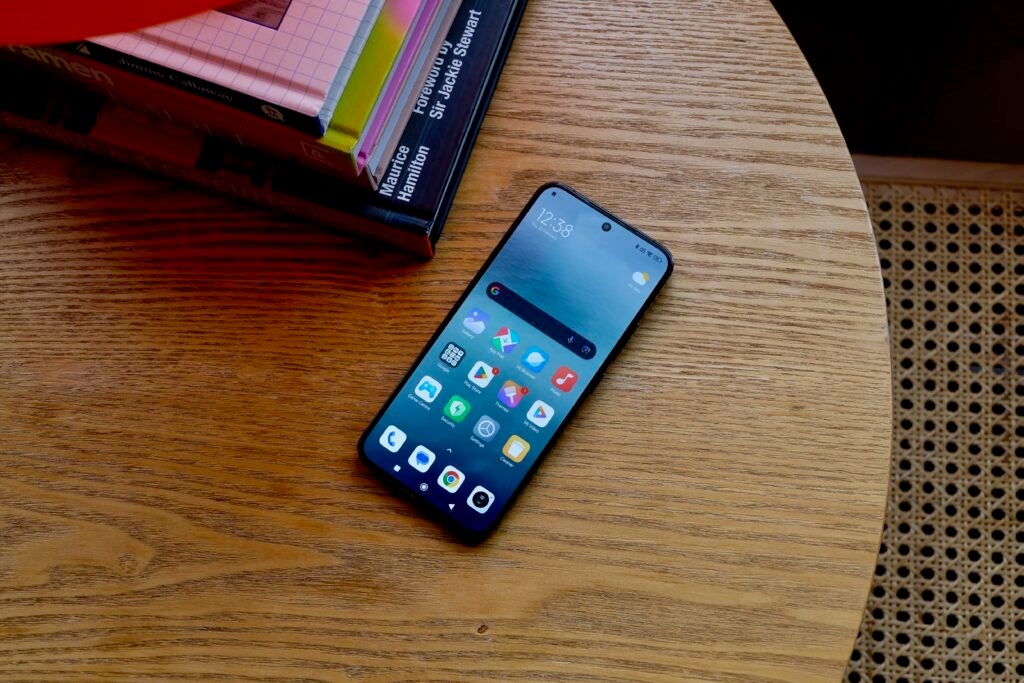

Rounding off the battery specs are 10w reverse charging and 50w wireless charging, which should get a full 0-100% charge in 46 minutes if paired with a compatible charger.
Xiaomi is rebranding its software offering this year, with HyperOS. This is built on Android 14 and those expecting a complete rethink should be prepared for disappointment. From my admittedly short time with the device so far, the software experience feels like it’ll once again be an obvious weakness
Xiaomi’s software feels more like an iOS clone than anything individual, with the quick settings drop-down looking very similar to the Control Center on iOS.
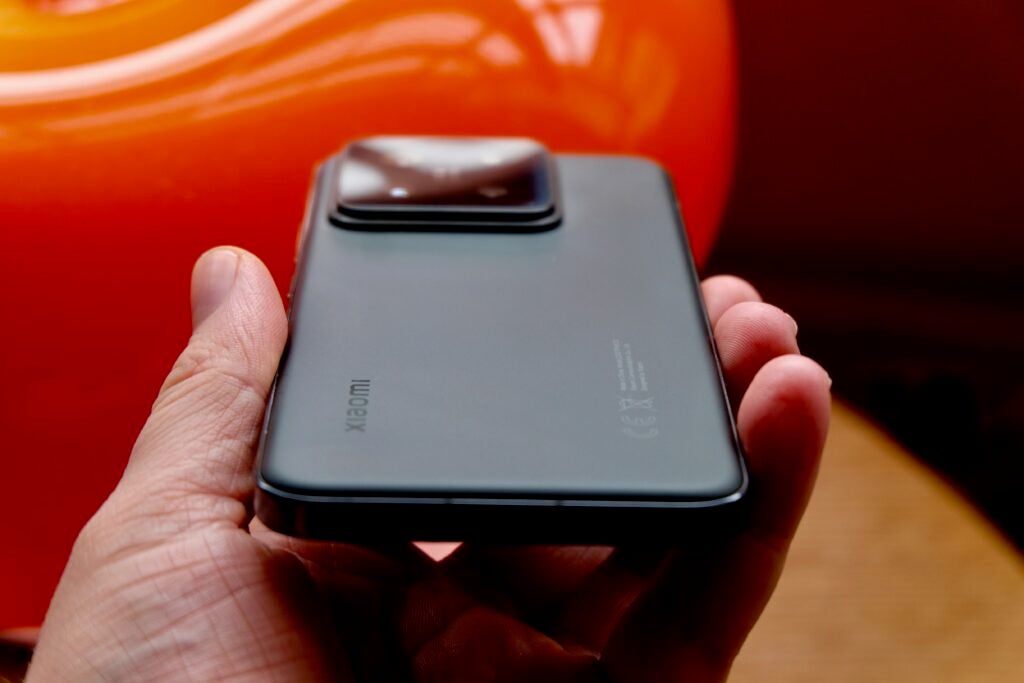

There are three 50-megapixel cameras on the back of the Xiaomi 14, with a flash completing the squared camera housing. It’s an intriguing setup, even if it’s not quite as high-end as the Xiaomi 14 Ultra.
The cameras here, like those that sat on the Xiaomi 13, have Leica branding and a duo of shooting modes that take inspiration from the colours produced by the iconic German brand’s cameras. This isn’t just about software though, as a lot is going on with the hardware.
The main 50-megapixel camera has a wide f/1.6 aperture, 1/1.31-inch sensor and OIS. I’ve only had a short time shooting with this camera so will withhold my full verdict for the review, but first impressions are great. The detail is fantastic and the colour reproduction is very true to life. The 75mm telephoto has an f/2.0 aperture, OIS and the ability to shoot macro shots, while the 14mm ultrawide rounds off the rear package. There’s a 32MP selfie camera on the front.
Design and Screen
- Boxy design looks great
- Sharp 1200p screen
The Xiaomi 14 is an evolution of the design introduced with the Xiaomi 14 – and I think it looks great. It’s modern, distinctive and features many smart material choices.
The camera module, which was already large with the 13, is slightly bigger to account for the new sensor and it certainly draws the eye. The squashed Leica branding feels unnecessary, but I like the overall squared-off look the camera array adds.
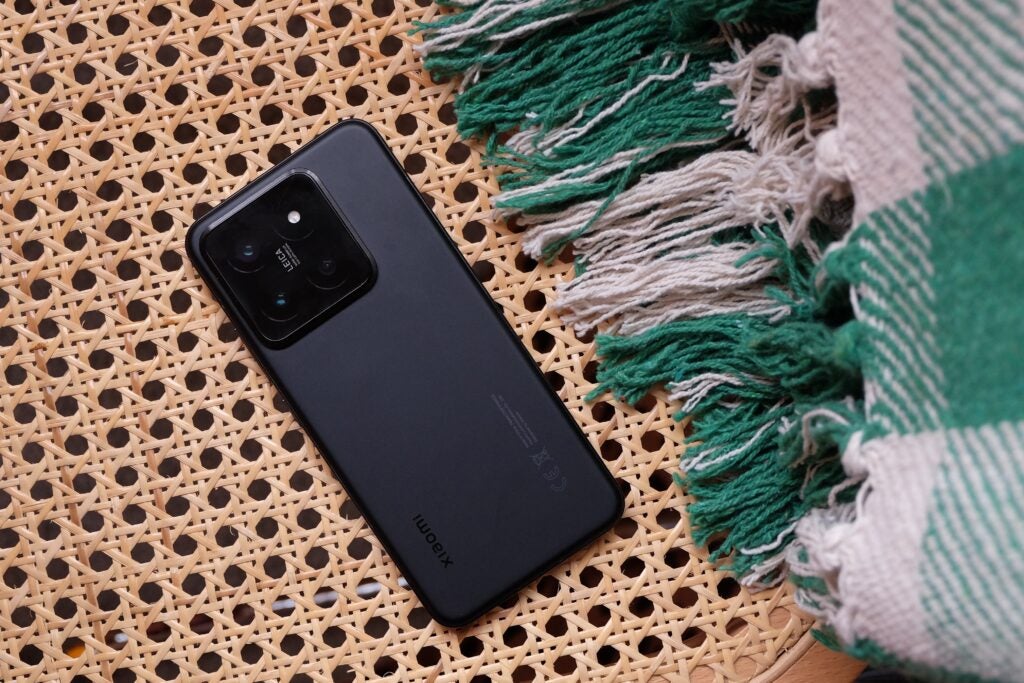

Another smart choice is to switch from a glossy back to a matte one. My black review unit has a lovely satin finish, and there’s a faux leather choice too if you’re after something that stands out more.
Elsewhere the sides are flat and match the colour of the back, while the screen is free of any distinctive curves. It’s a simple design, yet it stands out in all the right ways.
Add to that the basic flagship essentials like an IP68 rating and Gorilla Glass Victus, and you’ve got a phone that ticks a lot of boxes.
Unlike most Android flagships, the Xiaomi 14 isn’t massive. It’s only a few mm taller than the Samsung Galaxy S24 – a phone we class as ‘small’ these days – and roughly the same in width. The 6.36-inch display is noticeably roomier than the S24’s 6.2-inch panel and on the whole, I prefer the size of the Xiaomi 14 – it’ll still be usable in one hand for many, yet it doesn’t feel cramped.
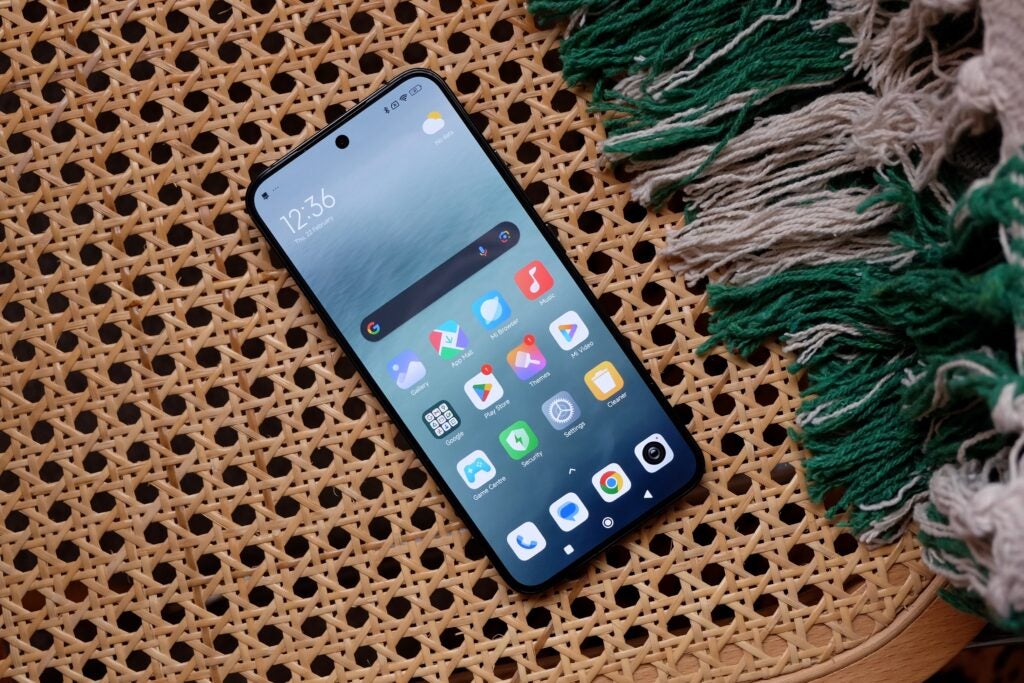

The 1200p OLED display looks fabulous, and Xiaomi has added a handy Sunlight mode that lets you manually push the brightness levels up to greater levels – something often hidden behind auto-brightness features. There’s Dolby Vision support too, and LTPO tech to conserve battery life by altering the screen refresh rate up to 120Hz.
Early Verdict
The Xiaomi 14 has a lot going for it, from a very exciting camera system to an overall size smaller than most of the best Android phones in 2024.
There’s also a top-end chipset for speedy performance, bright display and a smart design that has enough unique design flair to stand out.
I do have concerns though, notably around the frustrating software that still seems to be a real issue for Xiaomi.


